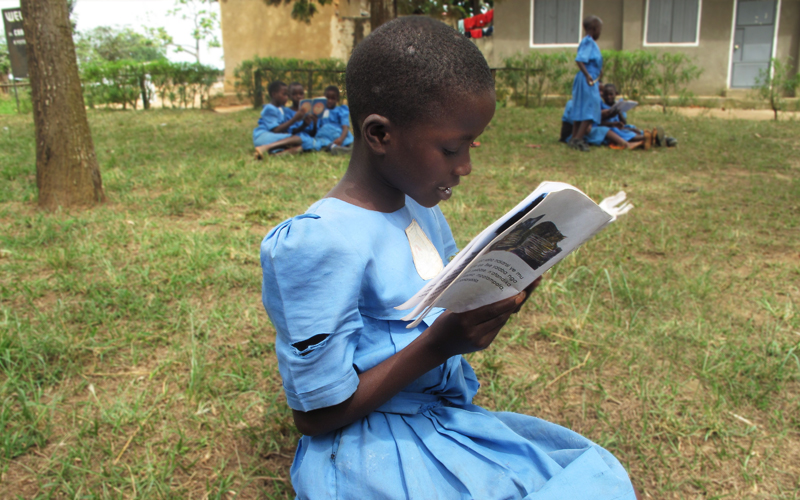
- Who We Are
- News
- Events
- Research
- Bridges2Scale
- Bridges to the Future
- Kyaterekera Project
- M-Suubi
- Obuvumu
- Preventing Substance Use among Adolescents
- Resettled Refugee Families for Healing
- Say No to Stigma
- Suubi+Adherence
- Suubi4Refugees
- Suubi+Adherence4Youth
- Suubi4Her
- Suubi-Mhealth
- Suubi4StrongerFamilies
- Ti Zaa Bohimma! (Let’s learn together)
- Past Studies
- Capacity Building
- Publications
- Contact Us
- Donate
Bridges to the Future

Bridges to the Future R2 (2022 – 2026)
Bridges Round 2: Examining the longitudinal impacts of an economic empowerment intervention on HIV risk prevention and care continuum outcomes among orphaned youth transitioning to young adulthood.
Principal Investigators: Fred M. Ssewamala, PhD, Ozge Sensoy Bahar, PhD, Proscovia Nabunya, PhD
Project Team Members: Patricia Cavazos-Rehg, PhD, Noeline Nakasujja, PhD (Makerere University), Torsten Neilands, PhD (University of California San Francisco)
Implementing Partners: Barbara Mukasa, MBChB (Mildmay Uganda), Abel Mwebembezi, PhD (Youth the Reach Uganda)
Study Coordinators: Phionah Namatovu, MPH; Winnie Kirabo; Josephine Nabayinda, MSc.
Funded by the National Institute of Mental Health (NIMH), Bridges Round 2 study (hereafter, Bridges-R2), builds on the original Bridges to the Future Study (2011-2018), to examine the longitudinal impacts of an economic empowerment intervention on HIV risk prevention and care continuum outcomes among orphaned youth transitioning to young adulthood. Findings from the first round of the study filled important gaps on the effects of an economic empowerment intervention on short term stability. However, the extent to which these observed short-term behaviors are sustained over time is unknown. Yet, given the unique vulnerabilities during the transition into young adulthood, it is critical to examine the long-term effectiveness of economic empowerment across the life course of youth orphaned by HIV. The study will follow the Bridges cohort (N=1383 orphaned youth) for an additional 4-year period, with three data points, to address the following specific aims:
Aim 1. Examine the long-term impact of Bridges on: HIV prevalence (measured via participant’s HIV status); and explore in secondary analyses the long-term impact of Bridges on key developmental and behavioral outcomes (e.g., mental health, alcohol, and drug misuse);
Aim 2. Elucidate the long-term effects of Bridges on potential mechanisms of change, including: a) economic stability, viral suppression (for ALHIV); PrEP use (for HIV negative adolescents), medical male circumcision (for boys); and b) young adult transitions;
Aim 3: Qualitatively investigate participants’ experiences with Bridges that may have influenced engagement with the program, sexual risk-taking decisions, financial behaviors; experiences with developmental transitions; and perceptions on program sustainability;
Aim 4: To assess the long-term costs and benefits of Bridges using formal economic evaluation.
Findings from this study may enable us to contribute to the scientific knowledge for low-resource communities on the potential value of providing modest economic resources to vulnerable boys and girls during childhood and early adolescence and how these resources may offer long-term protection against known HIV risks, health and treatment outcomes.
Bridges to the Future (2011-2018)
Principal Investigator: Fred Ssewamala, PhD
Project Team Members: Irwin Garfinkel, PhD, Jane Waldfogel, PhD, Jeanne Brooks-Gunn, PhD, Torsten Neilands, PhD
Field Coordinators: Miriam Mukasa, Christopher Damulira
Research Collaborators: Abel Mwebembezi (Reach the Youth-Uganda), Fr. Kato Bakulu (Masaka Diocese)
Bridges to the Future: A Family-Based Economic Empowerment Intervention for Children Orphaned by AIDS in Uganda, is a five-year longitudinal study (2011-2016) funded by the Eunice Kennedy Shriver National Institutes of Child Health & Human Development (NICHD). It evaluates the impact and cost-effectiveness of an innovative family-based economic empowerment intervention for orphans made vulnerable by AIDS. The study intervention includes a matched savings account registered in the child’s name, income-generating activity training, and mentorship. The intervention aims to encourage saving money for secondary education, promote microenterprise development to generate family income and provide support programs to protect children from future risks. Currently the study is in a no-cost extension.
Bridges to the Future Publications
Karimli L, Ssewamala FM, Neilands TB. The impact of poverty-reduction intervention on child mental health mediated by family relations: Findings from a cluster-randomized trial in Uganda. Soc Sci Med. 2023 Jul 20;332:116102. doi: 10.1016/j.socscimed.2023.116102. Science Direct
Nabunya P, Sensoy Bahar O, Neilands TB, Nakasujja N, Namatovu P, Namuwonge F, Mwebembezi A, Ssewamala FM. Bridges-Round 2: A study protocol to examine the longitudinal HIV risk prevention and care continuum outcomes among orphaned youth transitioning to young adulthood. PLoS One. 2023;18(5):e0284572. doi: 10.1371/journal.pone.0284572. Plos One
Nabunya P. Social Support Networks for Adolescents Orphaned by HIV: Definitions, Barriers, Challenges and Lessons from Uganda. Vulnerable Child Youth Stud. 2022 Dec 26. https://doi.org/10.1080/17450128.2022.2163330. Taylor & Francis Online
Nabunya P, Byansi W, Damulira C, Ssewamala FM. Self-Efficacy, Academic Performance and School Transition Among Orphaned Adolescents in Southern Uganda. Children and Youth Services Review. 2022 Nov 2; 143: 106707. Science Direct
Brathwaite, R., Ssewamala, F. M., Neilands, T. B., Nabunya, P., Byansi, W., & Damulira, C. (2021). Development and external validation of a risk calculator to predict internalising symptoms among Ugandan youths affected by HIV. Psychiatry Research, 114028. Science Direct
Wang, J. S. H., Malaeb, B., Ssewamala, F. M., Neilands, T. B., & Brooks-Gunn, J. (2021). A Multifaceted Intervention with Savings Incentives to Reduce Multidimensional Child Poverty: Evidence from the Bridges Study (2012–2018) in Rural Uganda. Social Indicators Research, 1-44. Springer
Ssewamala, F. M., Wang, J. S-H., Brathwaite, R., Sun, S., Jennings Mayo-Wilson, L., Neilands, T. B., & Brooks-Gunn, J. (2021). Impact of a family economic intervention (Bridges) on health functioning of adolescents orphaned by HIV/AIDS: A 5-year (2012-2017) cluster randomized controlled trial in Uganda. American Journal of Public Health, 111(3), 504–513. AJPH
Sun, S., Nabunya, P., Byansi, W., Sensoy Bahar, O., Damulira, C., Neilands, T., Guo, S., Namuwonge, F., & Ssewamala, F. M. (2020). Access and Utilization of Financial Services among Poor HIV-Impacted Children and Families in Uganda. Children and Youth Services Review, 109. Science Direct
Karimli, L., Ssewamala, F. M., Neilands, T.B., Wells, C.R., & Bermudez, L.G. (2019). Poverty, economic strengthening, and mental health among AIDS orphaned children in Uganda: Mediation model in a randomized clinical trial. Social Science & Medicine, 228:17-24. Science Direct
Kivumbi, A., Byansi, W., Ssewamala, F. M., Nabunya, P., Damulira, C., & Namatovu, P. (2019). Utilizing a family-based economic strengthening intervention to improve mental health wellbeing among female adolescent orphans in Uganda. Child and Adolescent Psychiatry and Mental Health, 13, 14. Biomed Central
Nabunya, P., Namatovu, P., Damulira, C., Kivumbi, A., Byansi, W., Mukasa, M., Nattabi J. & Ssewamala, F.M. (2019). Assessing the impact of an economic empowerment interventions on educational outcomes of orphaned children and adolescents: Findings from a randomized experiment in Uganda. Asia Pacific Journal of Social Work Development, 29(1), 59-69. Taylor & Francis Online
Nabunya, P., Padgett, D., Ssewamala, F. M., Courtney, M.E., & Neilands, T (2019). Examining the nonkin support networks of orphaned adolescents participating in a family-based economic-strengthening intervention in Uganda. Journal of Community Psychology; 47(3):579-593. Wiley
Tozan, Y., Sun, S., Capasso, A., Shu-Huah Wang, J., Neilands, T. B., Sensoy Bahar, O., S., Damulira, C., & Ssewamala, F. M. (2019). Evaluation of a savings-led family-based economic empowerment intervention for AIDS-affected adolescents in Uganda: A four-year follow-up on efficacy and cost-effectiveness. PloS One, 14. PubMed
Ssewamala, F. M., Gauer-Bermudez, L. G., & Santelli, J. (2018). The power of financial inclusion: Reporting on the efficacy of economic strengthening interventions in sub-Saharan Africa. Journal of Adolescent Health, 62(S1), 3-S5. Journal of Adolescent Health
Ssewamala, F. M., Wang, J. S-H., Neilands, T.B., Gauer Bermudez, L., Garfinkel, I., Waldfogel, J., Brooks-Gunn, J., & Kirkbride, G. (2018). Cost-Effectiveness of a savings matched economic empowerment intervention for AIDS-affected adolescents in Uganda: Implications for scale-up in low resource communities. Journal of Adolescent Health, 62(S1), 29-36. PMCID: PMC5744872. Science Direct
Wang, J. S-H., Ssewamala, F. M., Neilands, T.B., Gauer Bermudez, L., Garfinkel, I., Waldfogel, J., Brooks-Gunn, J & You, J. (2018). Effects of financial incentives on savings outcomes and material-wellbeing: Evidence from a randomized controlled trial in Uganda. Journal of Policy Analysis and Management, 37(3), 602-629. Wiley
Nabunya, P., Ssewamala, F. M., Mukasa, M. N. Byansi, & Nattabi, J. (2015). Peer mentorship program and HIV/AIDS knowledge, beliefs and prevention attitudes among AIDS- orphaned adolescents: An evidence based practice. Vulnerable Children & Youth Studies, 10(4), 345-356. Taylor & Francis Online
Ssewamala, F. M., Nabunya, P., Ilic, V., Mukasa, M. N., & Damulira, C. (2015). Relationship between family economic resources, psychosocial well-being, and educational preferences of AIDS-orphaned children in southern Uganda: Baseline findings. Global Social Welfare, 2(2), 75-86. Springer
Nabunya, P. & Ssewamala, F. M. (2014). The effects of parental loss on the psychosocial wellbeing of AIDS-orphaned children living in AIDS-impacted communities: Does gender matter? Children and Youth Services Review, 43, 131- 137. Science Direct
Ssewamala, F. M., Nabunya, P., Mukasa, M., Ilic, V., & Nattabi, J. (2014). Integrating a mentorship component in programming for care and support of AIDS- orphaned and vulnerable children: Lessons from the Suubi and Bridges Programs in sub-Saharan Africa. Global Social Welfare, 1(1), 9-24. Springer


